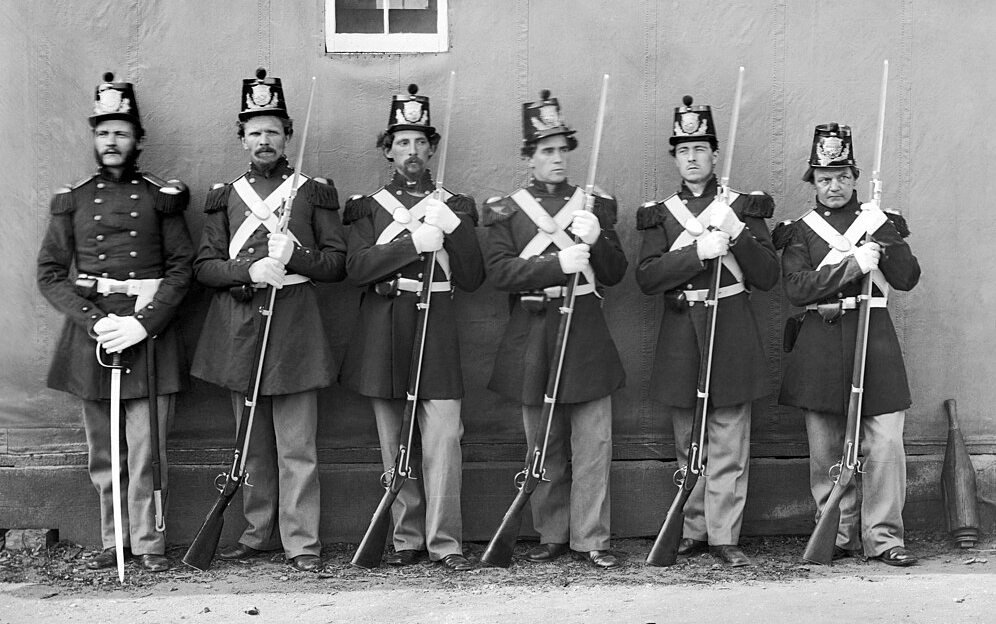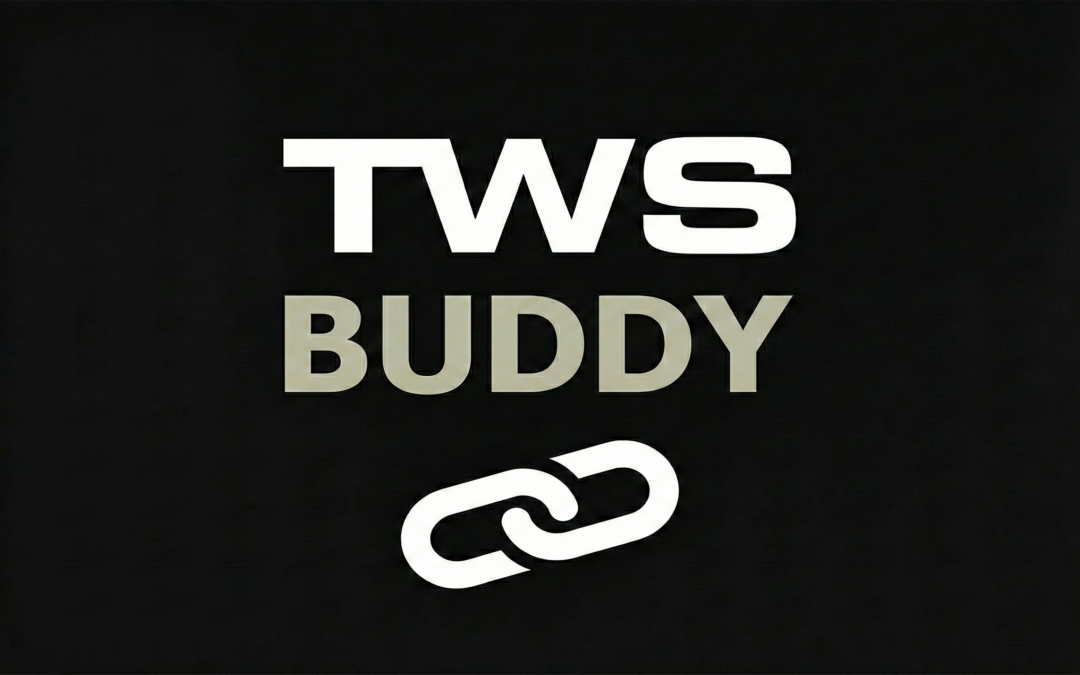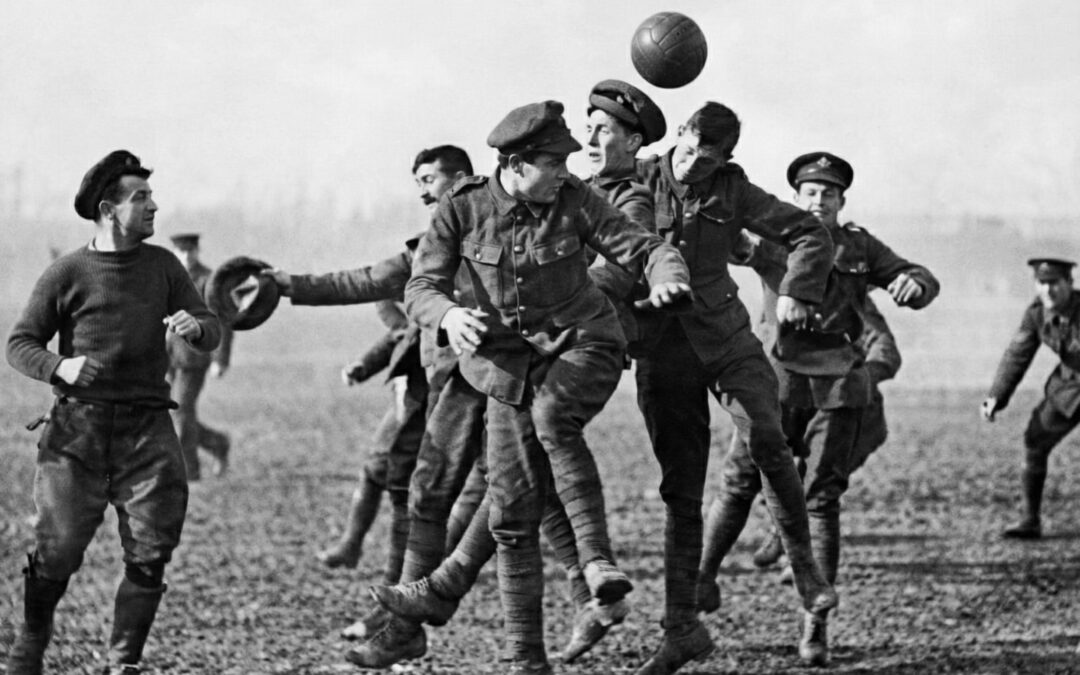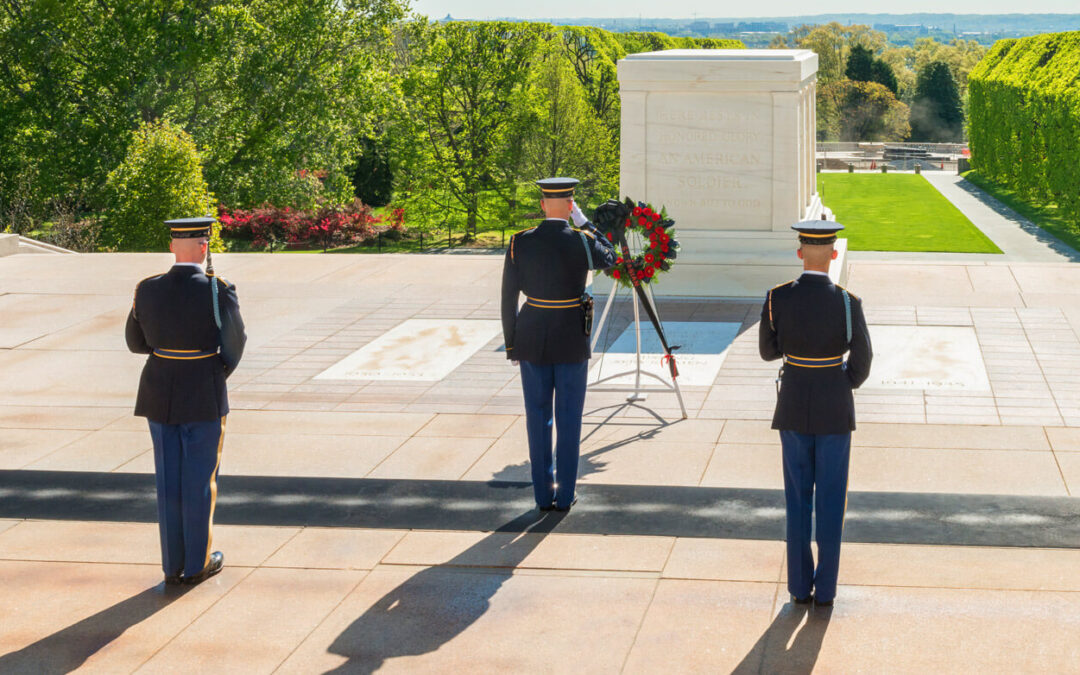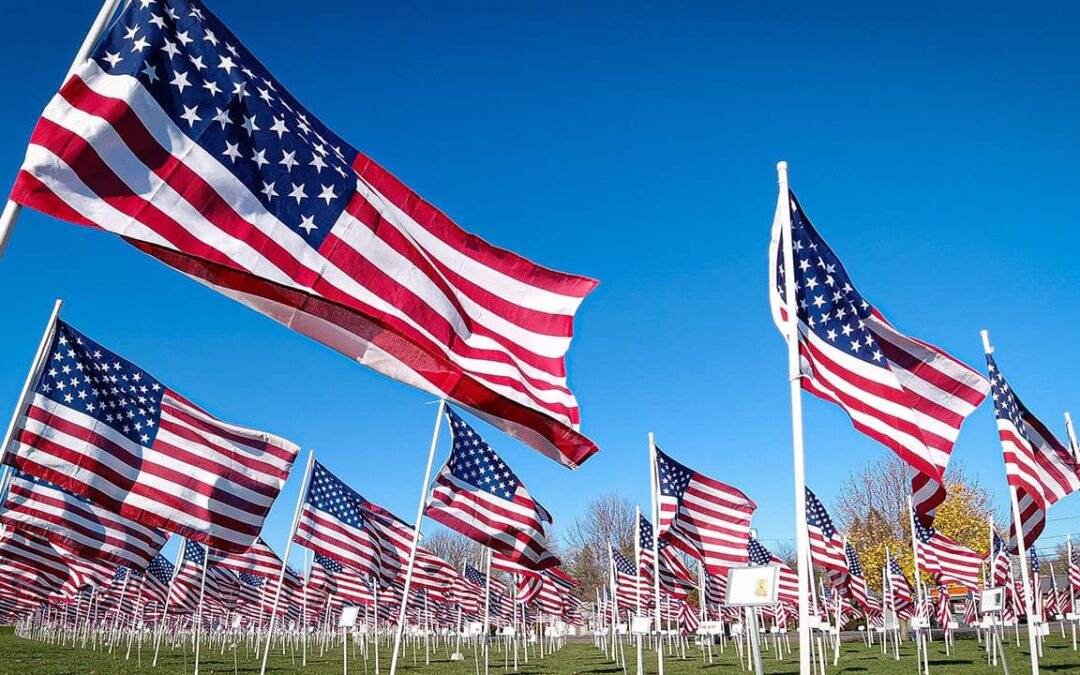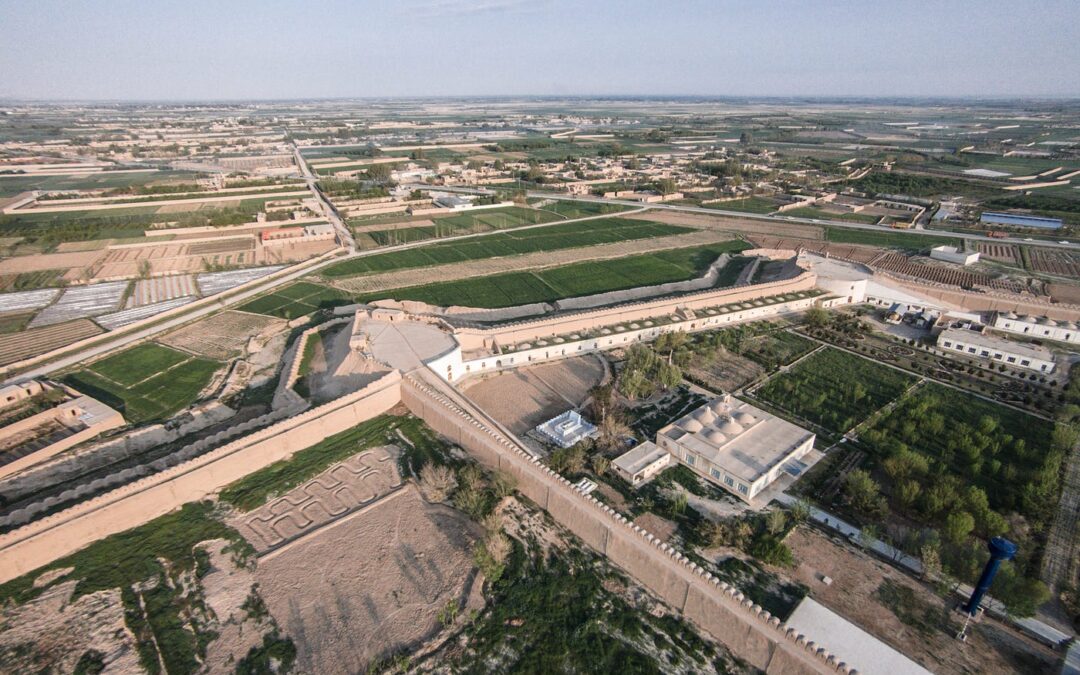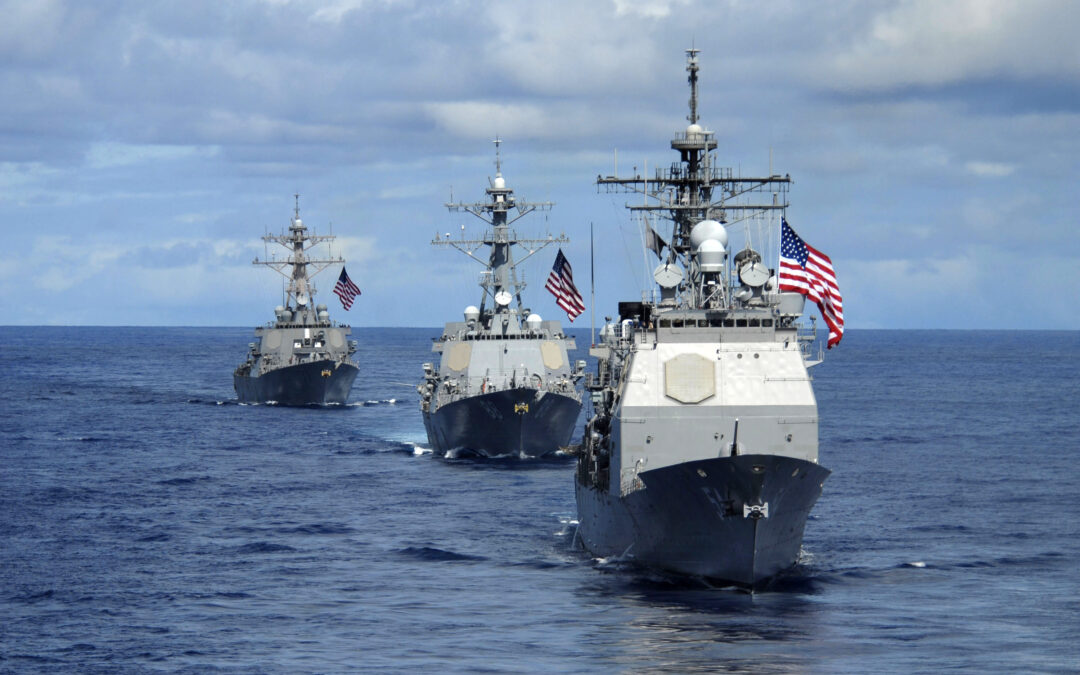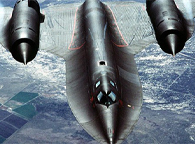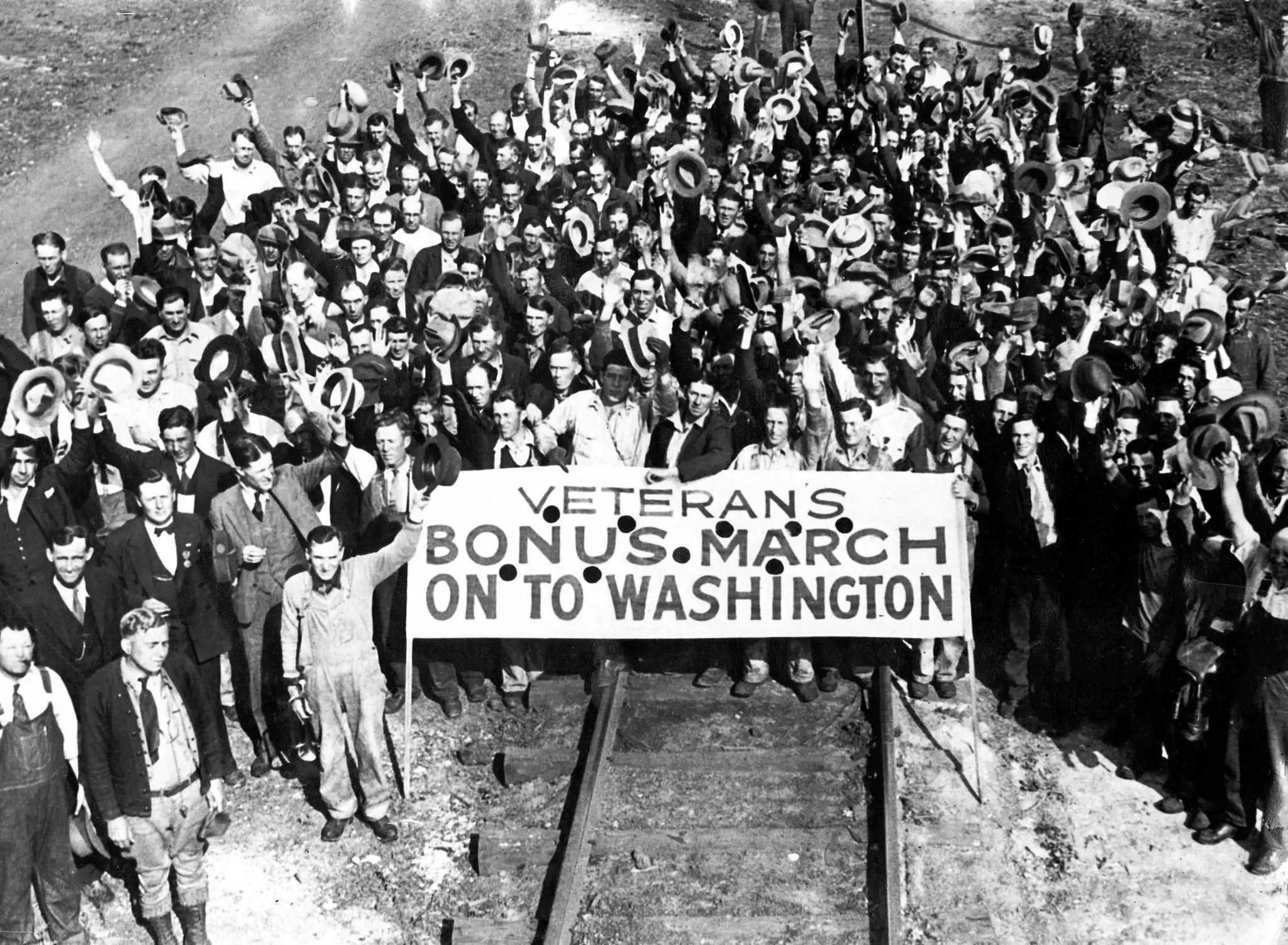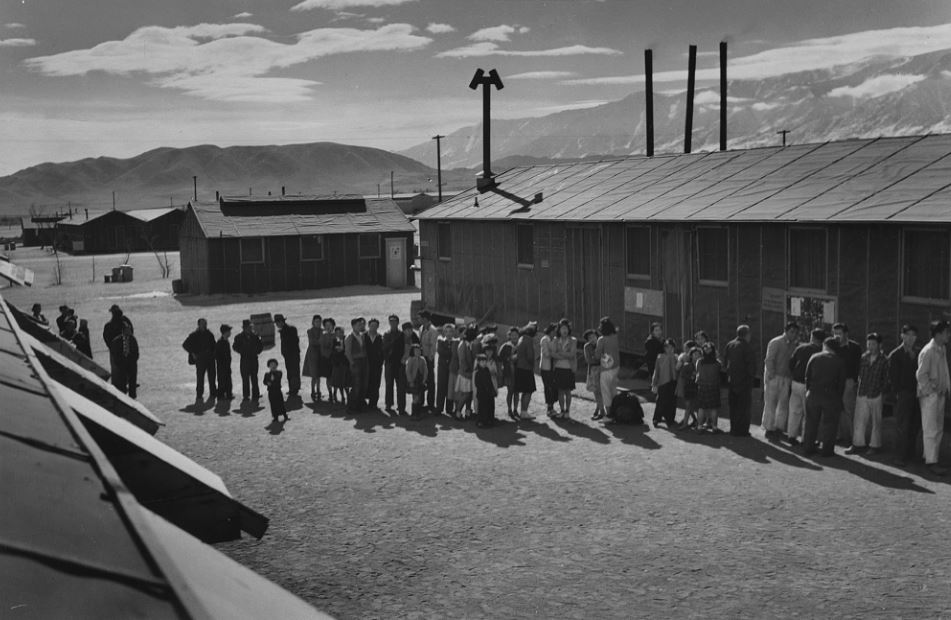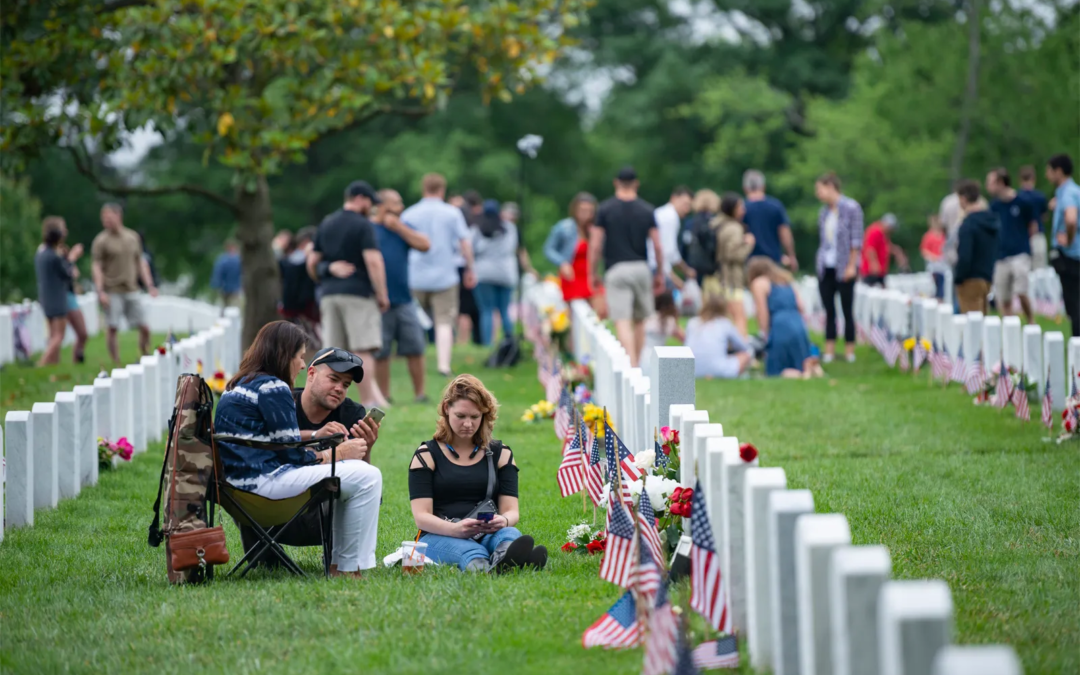Although it was absolutely critical to the Union's grand, overarching plan to defeat the Confederate States, we don't hear much about the U.S. Navy during the Civil War, save for a few critical battles. We tend to hear or see even less about the Marine Corps' role in preserving the Union. The simple truth is the Marine Corps was just so small (around 3,000 Marines) compared to the Union Army, and as a result, didn't fight large-formation battles. U.S. Marines Showed Value In Union Strategy Most importantly, the Corps was struggling to define its role in the U.S. military, but that doesn't mean Marines did nothing of significance during the war. The Anaconda Plan, the Union strategy that would split the Confederacy in two and control the Mississippi River while strangling its ability to trade, get supplies, and sell valuable cotton in foreign markets, required a considerable naval force. It also needed men with the unique skill set of both a land and sea force. That's where the...
